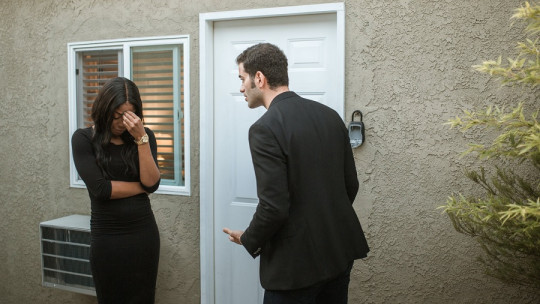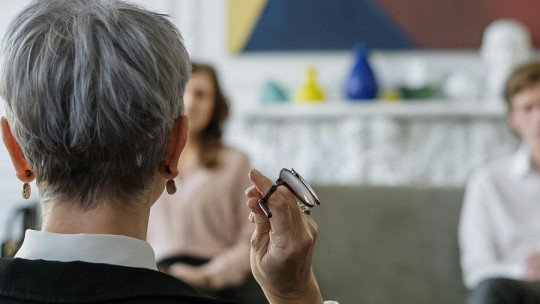
Couples therapy is increasingly gaining more popularity and demand. This occurs, among other things, because as time goes by, the stereotyped image based on myths that psychological intervention focuses only on individuals who have developed psychopathologies begins to crumble, and on the other hand, because the fact of “going to the psychologist” is very normalized today. And also, of course, due to the effectiveness of this type of therapy and the development of new techniques and strategies designed to adapt to a wide variety of cases.
The latter is especially important, given that couples therapy can take many forms In fact, the process applied to people who resort to this service can vary greatly depending on the needs to be met and the objectives to be achieved, although the context and basic guidelines for communication and therapeutic relationship are the same. Of course, before establishing the plan to follow throughout the sessions, you must study the case and identify the root problems that motivated the consultation.
The main areas of problem exploration in couples therapy
Although each case is unique, in general, In the early stages of couples therapy, special emphasis is placed on exploring these possible sources of problems in coexistence and in the love relationship of those who go to the psychologist’s consultation.
1. Imbalances in the distribution of responsibilities
This section includes both domestic tasks and raising children (if there are any) and everything related to the purchase of products necessary to live together. Of course, This is one of the areas in which gender roles influence the most: It is common for women to shoulder most of the domestic work in addition to having a working life.
2. Imbalances in time spent in each other’s company
It is very important to have quality time to dedicate to the other person, but not everyone values this equally or has the appropriate perception of what the other person wants in this regard. It is very common to assume that work always takes priority over free time spent with a loved one, for example, as if that were part of an unspoken rule; This makes the other person frustrated or even feel guilty about asking the other person to work less or be better organized.
@professional(2055516, “Are you interested in professional psychological help?”)
3. Sexual dissatisfaction
Asymmetries in terms of expectations, preferences and tastes regarding sexual relations are usually among the most frequent triggers of problems in dating relationships or marriages, and Furthermore, they are a taboo subject for many couples For this reason, in couples therapy it is often analyzed whether in the area of sexuality both people are satisfied, and if they are not, why that is.
4. Discussion management
Simply knowing how to approach a discussion can make all the difference For some people it is simply the expression of a clash of interests that can be resolved without resorting to attacks or any form of violence; For others, it is a fight of egos in which you have to prevail at all costs, and between these two options, there is a whole scale of gray.
5. Self-esteem problems and insecurities
Personal insecurities and self-esteem problems can affect couple dynamics in many ways: not wanting to meet the other person’s friends, not wanting to show one’s own nudity, assuming that it is the other who should make all the decisions, etc.
6. Jealousy and controlling tendencies
Jealousy leads to feeling bad for not being able to control much of what the other person does In extreme cases they lead to abuse, and in cases like this the problem should not be addressed through couples therapy, but through judicial procedures and the search for protection in the powers of the State.
7. Differences in future plans
This has to do both with the type of commitment you want to establish in that relationship, and with expectations about what you will do with your own life or where you would like the relationship to go. In many cases it is difficult to manage discrepancies in this facet of the relationship, and professional support is sought to achieve this
Are you interested in having couples therapy services?
If you are thinking about starting a couples therapy process, contact us. In PsychoConsulting We specialize in both psychological therapy in sessions focused on the individual, as well as family and couples therapy, and currently we offer our clients the online therapy format by video call. You will find us in our center located in Barcelona.








